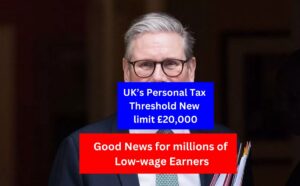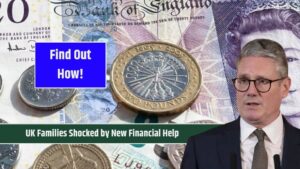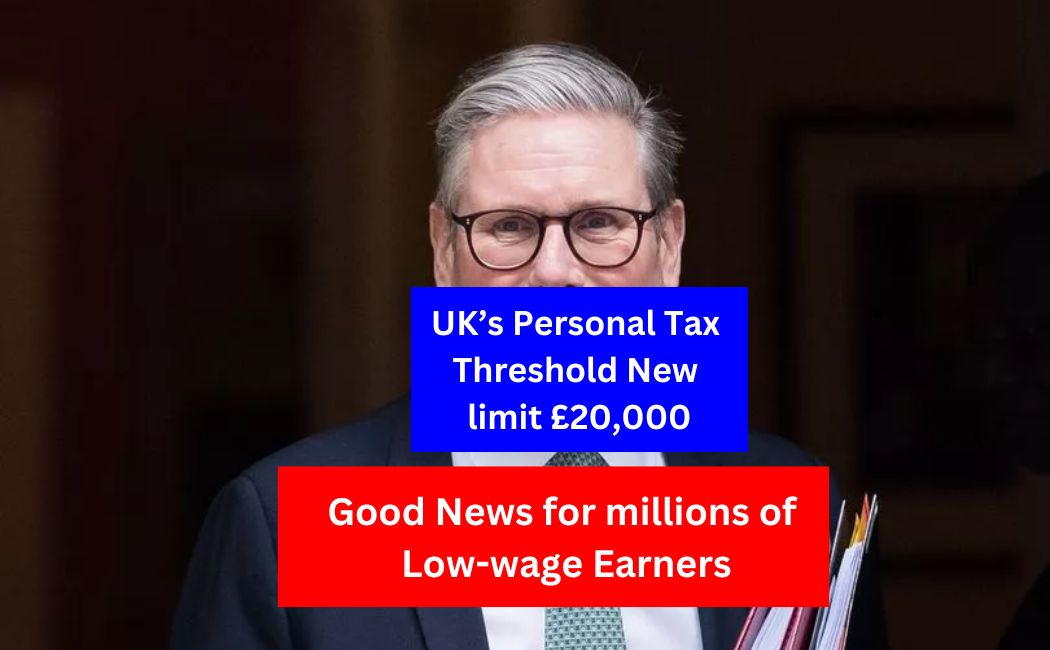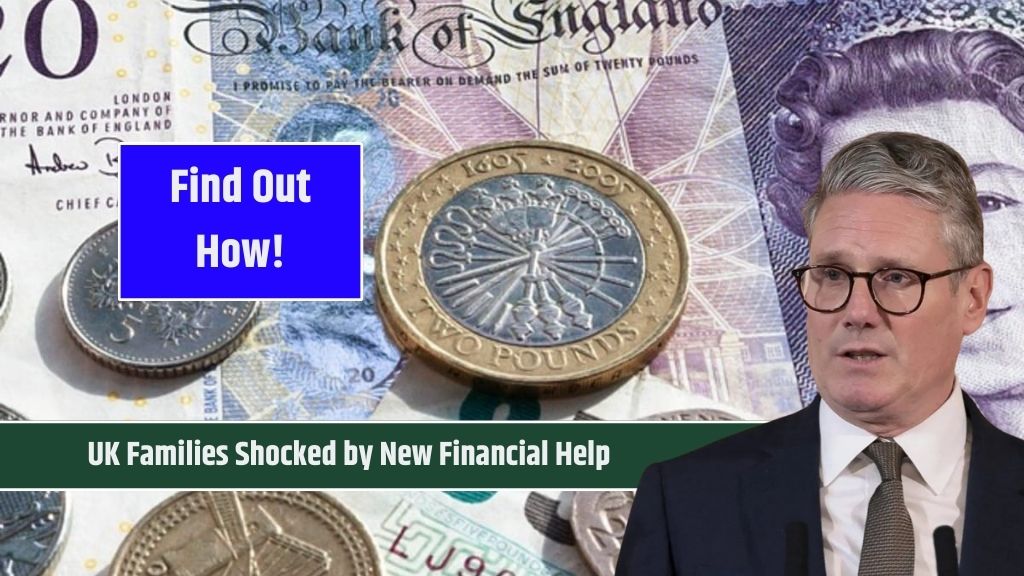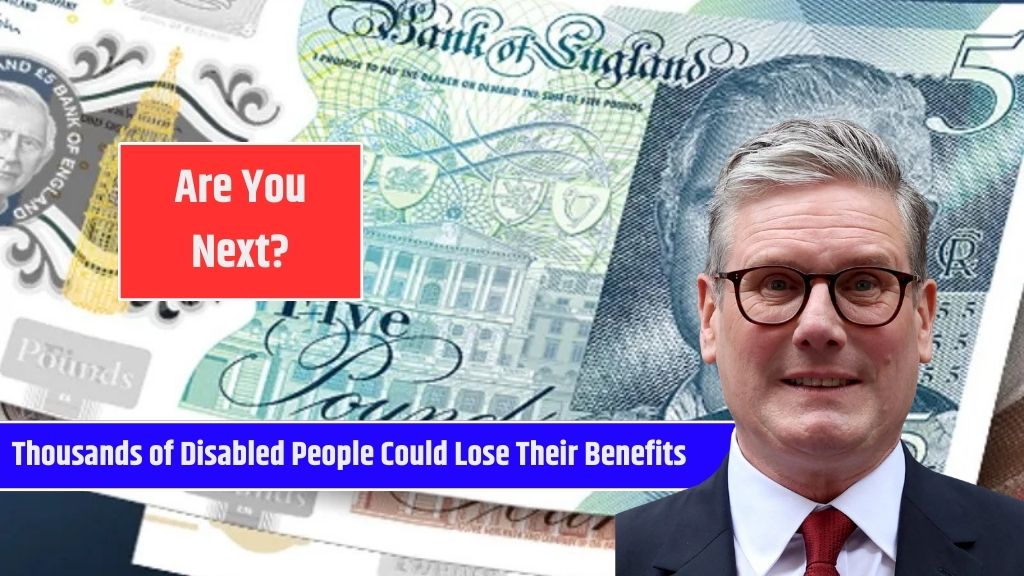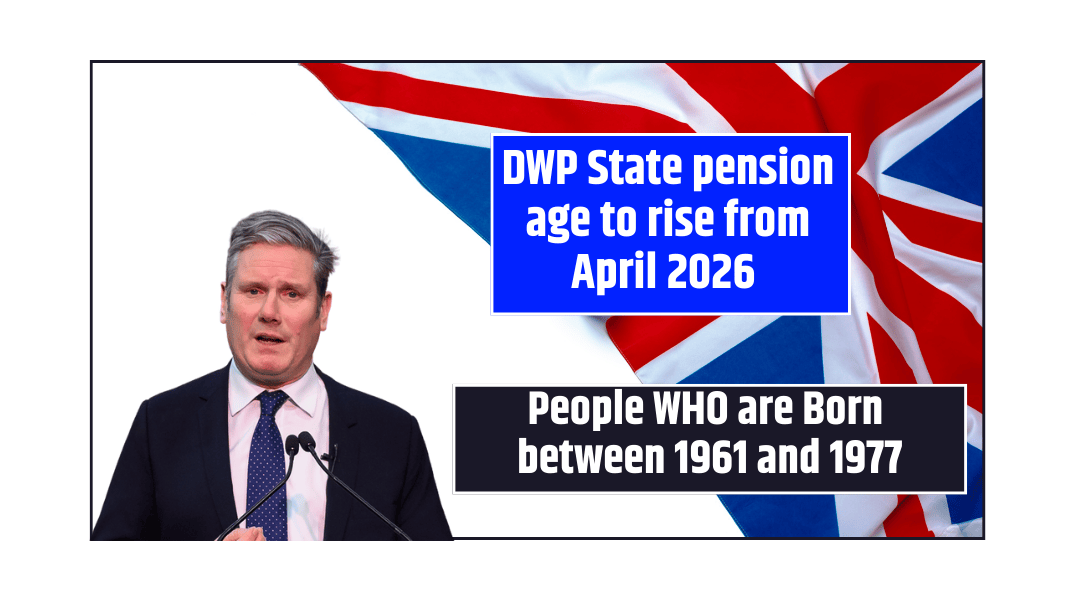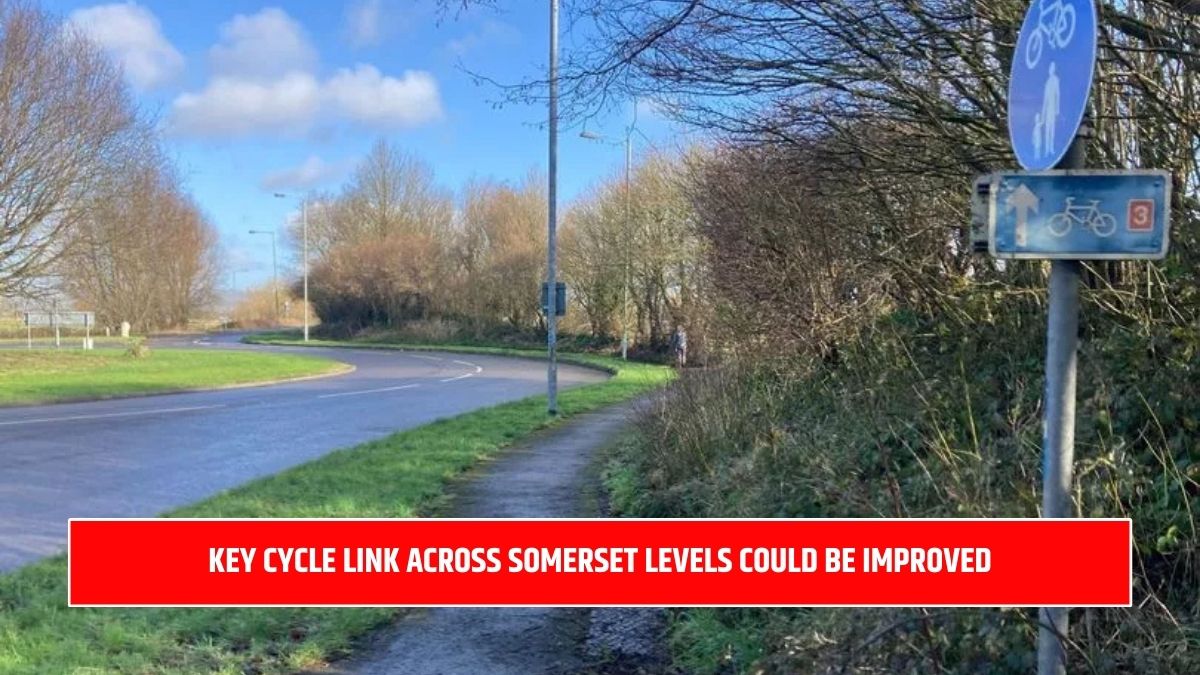Thousands of public sector workers in the UK could see pay rises in the coming months, as unions pressure the government to reconsider its 2.8% proposed increase. With inflation driving up living costs, unions argue that the planned rise will not be enough to protect workers’ real-term wages after years of austerity.
The debate has intensified, with concerns about the impact on recruitment, retention, and public services. Here’s a closer look at the issue, the arguments from both sides, and what this could mean for the future of public sector pay.
The Current Proposal: 2.8% Pay Rise
The government has suggested a 2.8% pay increase for public sector workers, aiming to balance:
- Fair wages for employees.
- Responsible spending of taxpayer funds.
- Sustainable public services across the country.
However, unions argue that 2.8% is insufficient, especially if inflation continues to rise.
Why Unions Are Pushing for More
Union leaders warn that the proposed rise would:
- Fail to match inflation – leading to real-term pay cuts.
- Worsen staff shortages – especially in healthcare, education, and public safety.
- Impact public services – as recruitment and retention challenges continue.
Voices from Key Unions:
- Paul Nowak (TUC General Secretary):“Our unions will argue for more, not just this year but for future pay planning.”
- Rachel Harrison (GMB National Secretary):“The proposed 2.8% increase is already pushing it. If inflation rises more than expected, it simply won’t be enough.”
- Daniel Kebede (NEU General Secretary):“This will be another real-terms pay cut, adding to the damage caused by years of austerity.”
- Sharon Graham (Unite General Secretary):“The government must stop hiding behind discredited pay review bodies and invest urgently in the public sector workforce.”
The Impact of Inflation on Public Sector Pay
Inflation affects the purchasing power of wages, meaning workers lose real income when pay increases are below inflation rates.
Recent Trends:
- Inflation peaked at 11.1% in 2022, the highest in 40 years.
- Current inflation has eased but remains a concern for low- and middle-income households.
- Public sector pay growth has consistently lagged behind the private sector since 2010, following a decade of austerity.
Example:
- A 2.8% pay rise with 3.5% inflation would still result in a 0.7% real-term pay cut.
Sectors Most Affected
1. NHS & Healthcare
- 160,000 vacancies and ongoing nurse shortages.
- Pay stagnation has driven many professionals to leave the sector or seek jobs abroad.
2. Education
- Teacher recruitment is below targets for key subjects.
- Retention issues are worsening, with many teachers citing low pay and heavy workloads.
3. Public Safety (Prisons & Policing)
- Overcrowded prisons and staff shortages are straining the system.
- Unions stress that competitive wages are needed to attract new talent.
Political Reactions
Labour’s Perspective:
- Rachel Reeves, the Shadow Chancellor, is under pressure to address union demands.
- Labour has pledged to strengthen public services, but funding higher wages remains challenging.
Government’s Response:
- A government spokesperson emphasized the importance of balancing fairness for workers with fiscal responsibility.
- The government will review recommendations from the independent pay review bodies before finalizing any decision.
Possible Outcomes
- Increased Pay Rise:
- If the government agrees to raise the proposed 2.8% increase, sectors like healthcare, education, and public safety could improve recruitment and retain skilled workers.
- Maintaining the 2.8% Cap:
- Unions may respond with strikes and protests, disrupting essential services.
- Targeted Increases:
- Higher pay increases could be directed toward critical sectors like the NHS or teaching.
Balancing Public Services & Wage Growth
Key Challenges:
- Rising inflation puts pressure on household budgets.
- Public sector vacancies continue to strain essential services.
- Government debt limits how much can be spent on pay increases.
Long-term Strategy:
Experts suggest that sustainable wage growth requires:
- Improved workforce planning.
- Investments in public services.
- Collaboration between unions, employers, and government bodies.
What Happens Next?
- Public sector unions are preparing to submit counterproposals for higher pay increases.
- The independent pay review bodies will present recommendations to Parliament.
- Political leaders face growing pressure to find a solution that satisfies both workers and taxpayers.
The proposed 2.8% pay rise for public sector workers has sparked significant debate, with unions arguing that rising inflation makes it insufficient. As the government weighs the cost of increased wages against economic stability, the well-being of essential public services hangs in the balance.
The decision in the coming months will impact not only public sector employees but also the quality of services relied upon by millions across the UK.
| Visit for More News and Updates | WSOA NEWS |
FAQ’s
What is the proposed public sector pay rise for 2024?
The government has proposed a 2.8% pay rise for public sector workers, but unions are pushing for a higher increase due to inflation.
Why are unions against the 2.8% pay rise?
Unions argue that the 2.8% rise won’t keep up with inflation, leading to real-term pay cuts after years of stagnant wages.
Which public sector workers are affected by this pay rise?
The proposal affects NHS staff, teachers, prison officers, and other public sector workers across the UK.
How does inflation impact public sector wages?
When inflation exceeds wage growth, the real value of earnings decreases, reducing purchasing power for workers.
When will the final decision be made?
The government is awaiting recommendations from independent pay review bodies before finalizing the pay increases.
Could strikes happen if the pay rise stays at 2.8%?
Yes, unions have warned that they may consider strikes if the proposed rise does not meet their demands.

